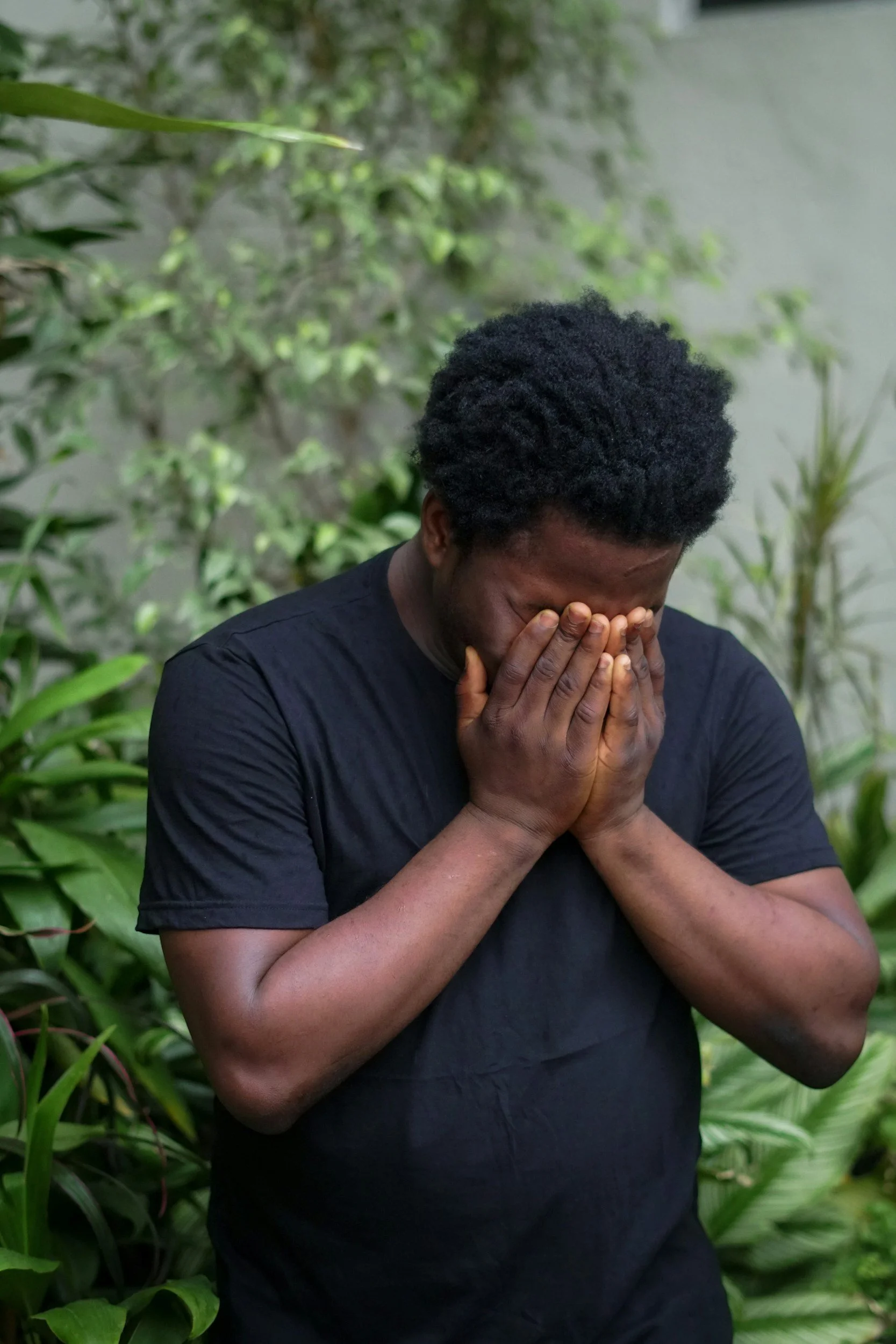From Overwhelm to CALMER: A Creative’s Guide to Soothing Anxiety
/Anxiety doesn’t always show up loudly. Sometimes it’s subtle—a restlessness, a tightened chest, a wave of dread that seems to arrive out of nowhere. For creatives, who live in close relationship with the emotional world, anxiety can interrupt the very thing that brings you most alive: your ability to imagine, to connect and to express.
So let’s begin by understanding what’s actually happening.
What Is Anxiety?
Anxiety is your body’s natural response to perceived threat. It’s the activation of your nervous system to help you survive—by fighting, fleeing or freezing. The hormones released in this process (adrenaline and cortisol) are meant to keep you alert and alive.
The challenge is that when this response stays switched on for too long—or is triggered by situations that don’t require defence—it can lead to mental, emotional and physical exhaustion.
How Do You Know It’s Present?
You may notice:
Unease, dread or a need for perfectionism
Difficulty focusing or racing thoughts
Physical symptoms like shaky hands, increased heart rate or shallow breathing
A tendency to avoid or obsess over certain situations
An ongoing sense that something’s wrong—even when you can’t name what
Sometimes these sensations pass quickly. At other times, they linger and start to interfere with how you show up in your work, relationships or daily life.
The following practices can help you soothe anxiety when it arises and build resilience so you can return to clarity and calm more easily.
The CALMER Method: Six Steps for Creative Grounding
C – Connect with Your Anxiety
Start by noticing. Keep a journal or voice note log to track when anxiety surfaces and what patterns you see. Get curious, not critical. This step alone can reduce overwhelm by turning vague fear into something more tangible.
Ask: What am I feeling? When does it show up? What thoughts follow?
A – Assess and Challenge the Thought
Catch the thought that’s fuelling the feeling. Ask yourself: Is this true? Is it kind? Is it useful? Try imagining what you’d say to a friend having this thought. Often our inner critic gets louder when we’re anxious—compassionate awareness helps dial it down.
L – Let It Have a Time Slot
Instead of letting worry dominate your day, give it a container. Designate a short time each day for ‘worry thinking’. During this time, use the Worry-Free Map:
What’s worrying me?
Can I do something about it?
If yes: plan it. If no: acknowledge, breathe and gently let it go.
Knowing you’ve made time for your concerns can create mental space for presence and focus.
M – Move Your Attention
Anxiety thrives on fixation. So gently redirect your focus. Mindfulness, music, movement and creative play can shift your state and soothe your nervous system. Bring awareness to the now—what can you see, feel or hear right here?
Try placing your hand on your body (heart, belly, jaw) and grounding through breath. A small somatic act like this can have a big impact.
E – Expose Yourself Gradually
Avoidance reinforces anxiety. By gently facing the things you usually avoid—one small step at a time—you start to build tolerance and confidence. Notice what safety habits you rely on, and consider loosening them gradually. With repetition, your body learns: I can handle this.
R – Respond with Problem Solving (When Ready)
Worry often centres around solvable problems. When you're grounded enough, use these steps to take action:
Identify the core issue
Brainstorm possible solutions
Weigh the pros and cons
Choose a direction
Make a plan
Test it out
Reflect and refine
You don’t have to solve everything now. But having a path can reduce the sense of powerlessness.
When to Seek Extra Support
If anxiety is consuming your day, affecting your relationships or causing you distress that won’t ease, it may be time to reach out for professional help. You’re not weak. You’re human. And you’re not alone.
Support is available in the UK through your GP or services like:
Samaritans: 116 123
CALM: 0800 58 58 58
In Closing
Anxiety doesn’t mean you’re broken. It means your system is attempting to protect you. But when protection becomes a pattern, your creative self can feel trapped inside it.
You are not behind. You are right on time.
Let this moment be a turning point. Not to push through, but to soften in. To listen. To soothe. And to remember that even in anxiety, there is agency. There is choice. And there is always the next breath, waiting to bring you home.



